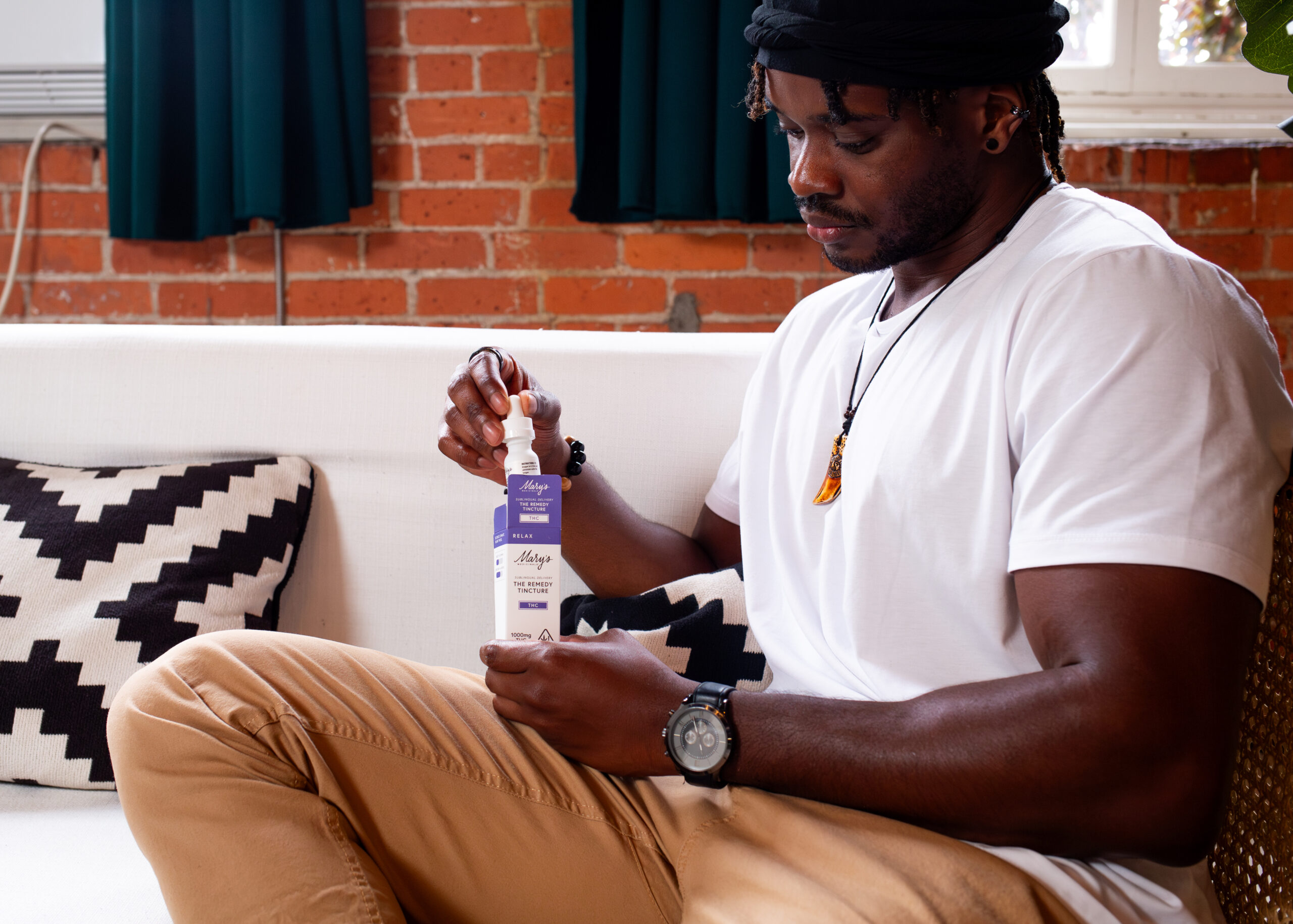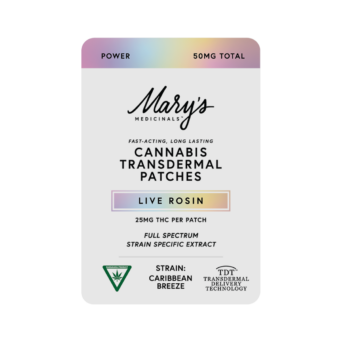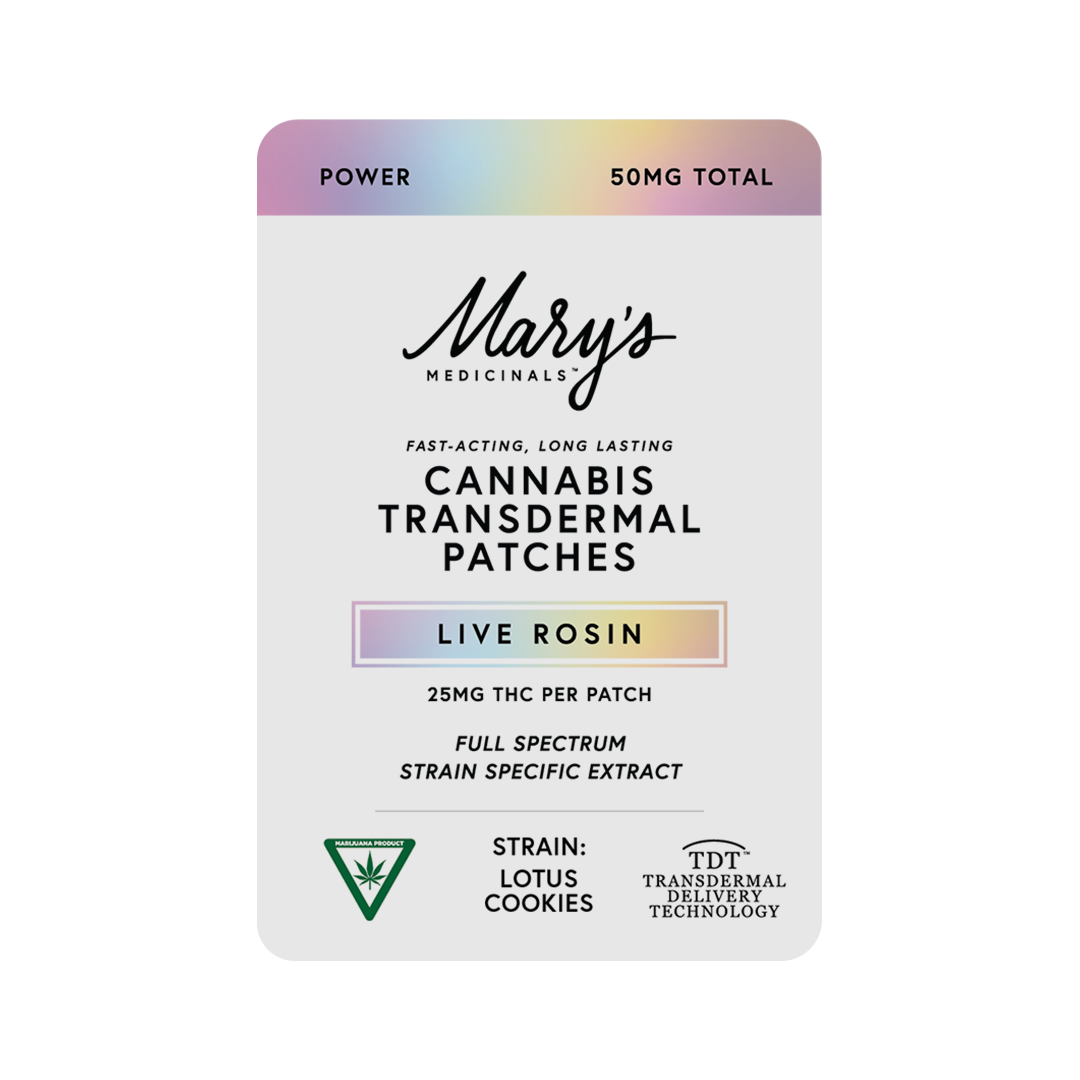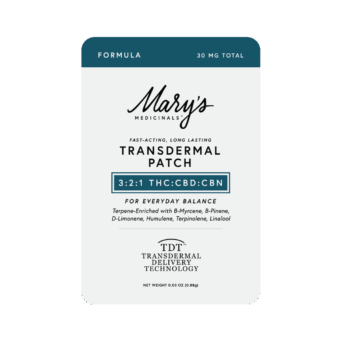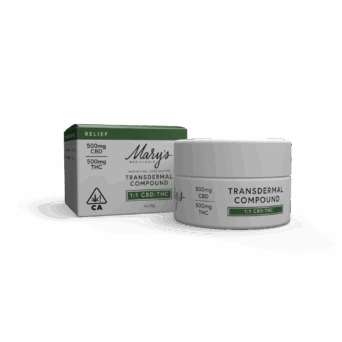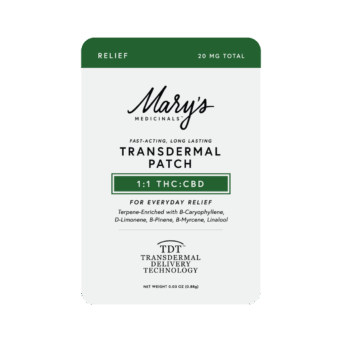This is the fifth report on The 2nd International Annual Congress on Controversies on Cannabis-Based Medicines held May 23-24, 2019 in Barcelona, Spain.
Dr. Sven Gottschling of the University Clinic Saarland, Germany may be the next Patch Adams, the American physician, clown and activist who came to prominence in the 1980s. Type Gottschling’s name into Google and you’ll be presented with a large number of choices including a Wikipedia page, numerous YouTube videos, audio books, and even an IMDb listing. Gottschling is clearly a Renaissance man and his approach to palliative pediatric care reflects that.
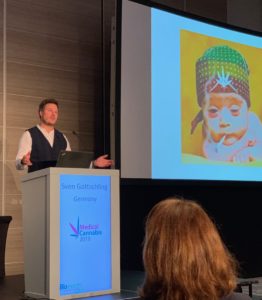

Gottschling gave the Barcelona Congress an interesting presentation on his use of dronabinol (i.e. Marinol or synthetic delta-9 THC). According to the European Pain Federation, “In Germany, Austria and some other European countries, pure dronabinol is provided to pharmacists for the production of drops or capsules on prescription.” ( See EFIC “Position Paper on Appropriate Use of Cannabis-based Medicines and Medical Cannabis for Chronic Pain Management.”) Gottschling has used this situation to the advantage of his patients, having the pharmacy prepare low-dose dronabinol capsules which his pediatric patients tolerate very well.
Dosing has always been a problem with dronabinol. In the early 1980s, dronabinol was released in the U.S. through the National Cancer Institute’s Group C program. According to the FDA, “The Group C program is a means for the distribution of investigational agents to oncologists for the treatment of cancer under protocols outside the controlled clinical trial.” The federal government was facing enormous pressure from the public to release cannabis for medical use, particularly for cancer patients who were suffering terrible bouts of nausea and vomiting brought on by the mega-dosing of cancer chemotherapy medications that was typical for the time. By releasing dronabinol through the Group C program the feds were able to dissipate the pressure by saying “the pot pill” was available so patients didn’t need that “nasty” marijuana.
But there were problems, foremost being that vomiting patients have a very hard time retaining an oral medication. Another equally serious problem were the side-effects of dronabinol which included hyper-anxiety, not exactly the best situation for a cancer patient. Nevertheless, releasing dronabinol did deflate the medical marijuana movement for several years and that really was the goal.
Dronabinol eventually received full FDA approval and was re-named Marinol. It languished throughout the 1980s but enjoyed a renewal of interest in the 1990s, particularly as an appetite stimulant for AIDS patients who suffered from “the wasting syndrome.” The same problems remained in terms of side-effects but Marinol was available in a new dosing, 2.5mg capsules, as opposed to the standard 5 and 10mg caps. In 1998, Germany approved dronabinol and allowed the import of pure dronabinol for pharmacist preparation.
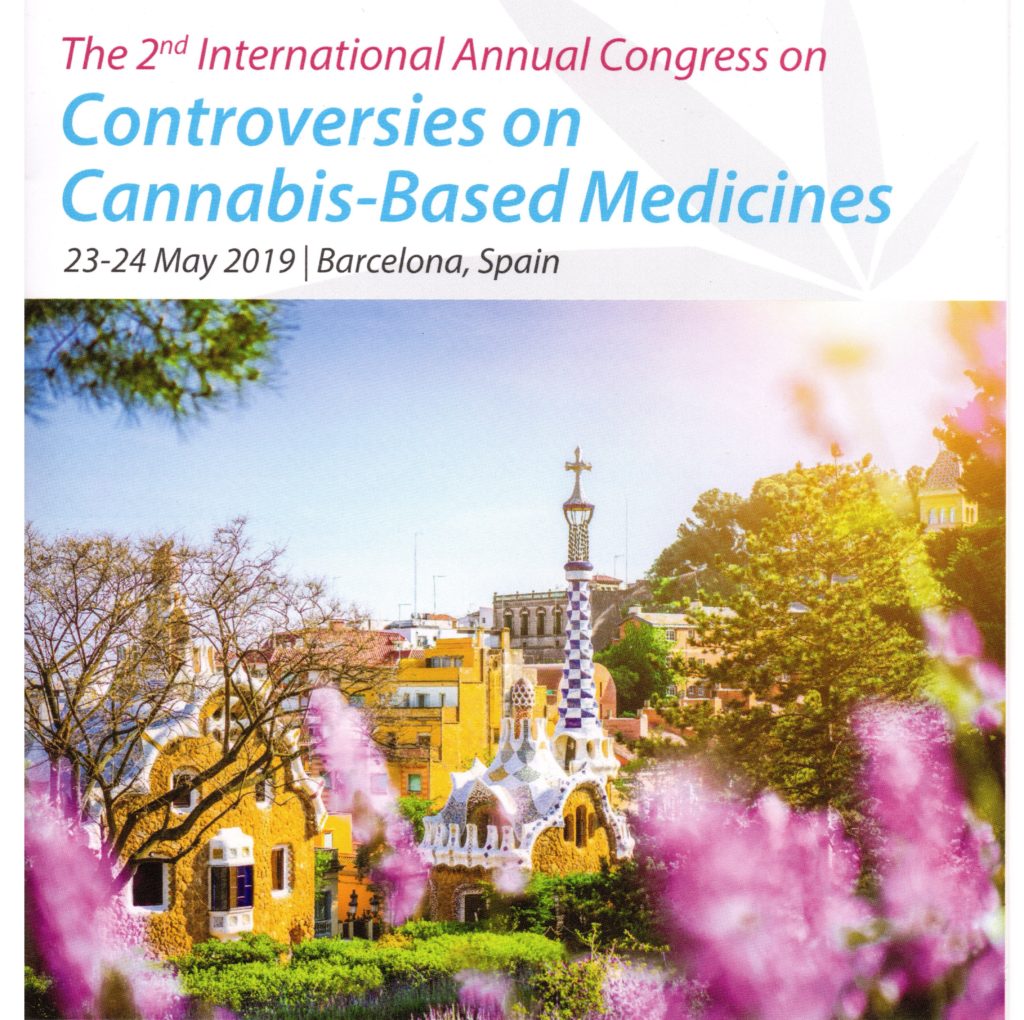

This has given doctors like Gottschling an opportunity to practice, with dronabinol, the well known adage of medical cannabis practitioners, “Start low, go slow.” Gottschling typically has the pharmacy prepare dronabinol in doses of 0.1 to 1.1 mg/kg/day. This allows him to use the synthetic on very young patients, some as young as two months and extending upward to 17 years. His patients have a variety of ailments including cancer, cystic fibrosis, epilepsy and some neuropsychiatric ailments.
Gottschling also provided the results of a 2015 survey of dronabinol use in children. More than three hundred German speaking pediatric departments were contacted and 27% responded. Twelve percent reported regular use of dronabinol with 87% reporting beneficial effects (for spasticity, pain and loss of appetite).
Gottschling was an informative and entertaining speaker. He did not reveal if Patch Adams is his hero but the final slide in his program gives you a good idea of his sense of humor. Rest assured, the image is Photoshopped. ❖


Up Next! “The Epic EFIC Problem … And Ours Too” inspired by the 2nd International Annual Congress on Controversies on Cannabis-Based Medicines.

